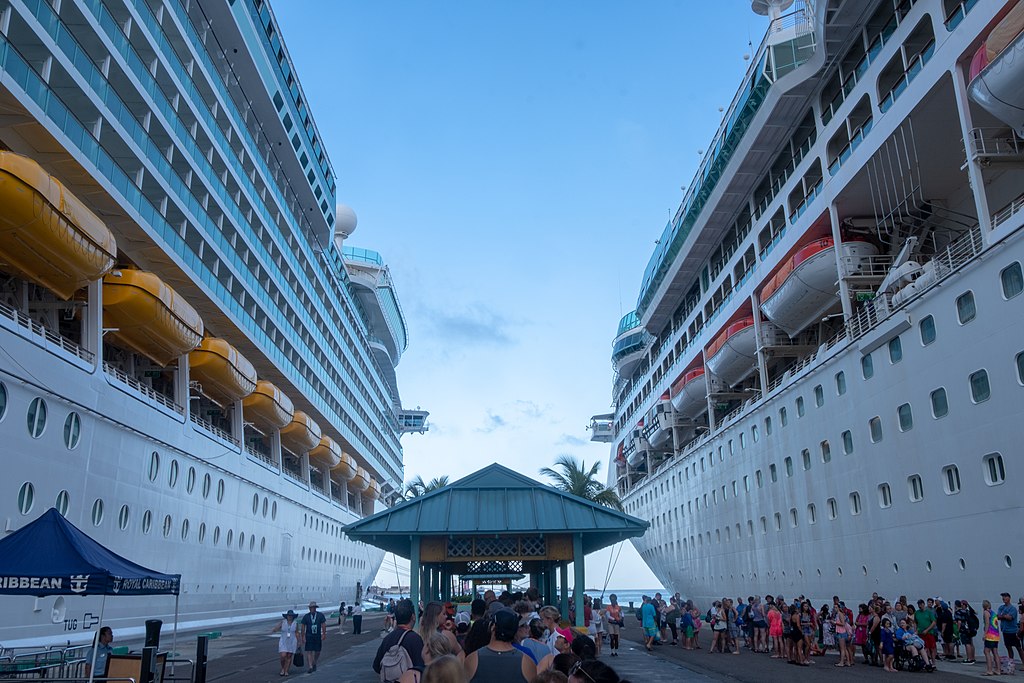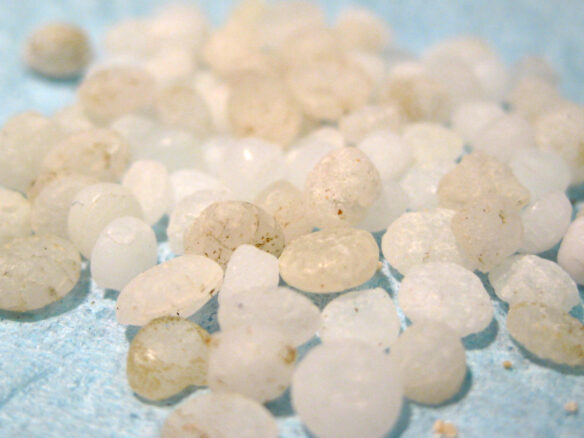Excerpt:
Told to reduce air pollution, the shipping industry could have switched to cleaner fuels – instead, many vessels turned to special devices that simply dump the toxins into the water…
After the International Maritime Organization (IMO) set out to lower sulphur emissions in the atmosphere – which regulators say is harmful to human health – the shipping industry was faced with the choice of switching to cleaner but pricier fuel or installing a system to clean exhaust gases – known as “scrubbers” – that dump the chemicals removed from the exhaust directly into the sea instead.
Roughly 10 gigatonnes – 10,000,000,000 tonnes – of scrubber washwater are discharged into oceans annually, according to an International Council on Clean Transportation (ICCT) report on global discharge waste – just less than the total weight of all the cargo transported by ships in a year.
The toxins do not just disappear. Aside from being acidic, scrubbers contain heavy metals that accumulate in marine food chains. The Swedish Environmental Research Institute found that washwater from North Sea ships has “severe toxic effects” on zooplankton, which cod, herring and other species feed on. Meanwhile, a Belgian study found that scrubber discharges contain high concentrations of metals such as nickel, copper and chromium, which all devastate marine ecosystems.
What most concern experts, though, are polycyclic aromatic hydrocarbons (PAHs). These have been linked to several types of cancers and reproductive dysfunction in marine mammals, including southern resident orca in the north Pacific and beluga whales.









